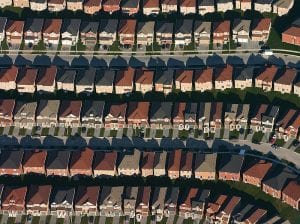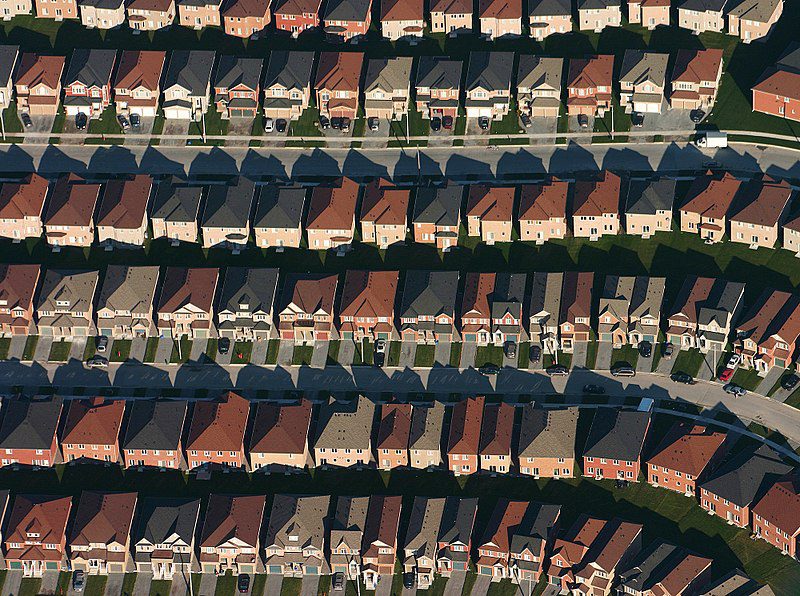“Soil” is an important word in rural places, for many people’s livelihoods have historically depended on it. From good soil comes vegetables, fruit, and grass and grain for livestock. Agricultural Extension offices in rural towns and counties across the country keep busy advising residents and farmers whether their soil has the right mix of minerals to produce leafy greens and tomatoes come summer.
In recent decades the soil, understood as an essential ingredient in the rural fabric, became endangered. It seemed almost any cornfield or pasture in the country had a potential new identity as a subdivision or office park. In this new scenario the soil used to feed families might be replaced by concrete, and some new soil brought in for landscaping and lawns. In my county, just outside the exurban fringe, residential subdivisions were the thing to do during the go-go 2000s. For farmers rich in land but poor in cash, selling most of their property to a subdivision developer was the logical thing to do. There weren’t many other things one could do with land in the rural areas, thanks to zoning restrictions.

ShareAlike 2.5 Generic (CC BY-SA 2.5)
Then came the Great Recession. The single-family home market evaporated, and with it the demand for homes in all those subdivisions. The farmers were gone, having sold their land, but the developers were gone too, having gone bankrupt. Now some banks, entrusted with these lands, are asking local government to have the subdivisions vacated so someone can buy the property and farm it. What goes around comes around.
In many cases, though, the soil won’t ever be farmed as intensively as it was. A new group of young people interested in farming is looking for property, but they tend to be interested in it on a small scale. They want to have a few alpacas, or a few goats. Maybe they’ll tend a vegetable garden, but certainly not a large vegetable farm.
A lot of the former farmland will end up reverting to woods, and if enough such properties are clustered together, you might see miniature wilderness areas developing in the countryside. The way the land was, before anyone was here to farm it. What goes around really comes around.
This might be good for a rural pastime, hunting, if property owners open up their lands for this purpose. But it won’t bring back the old farming culture.





Comments